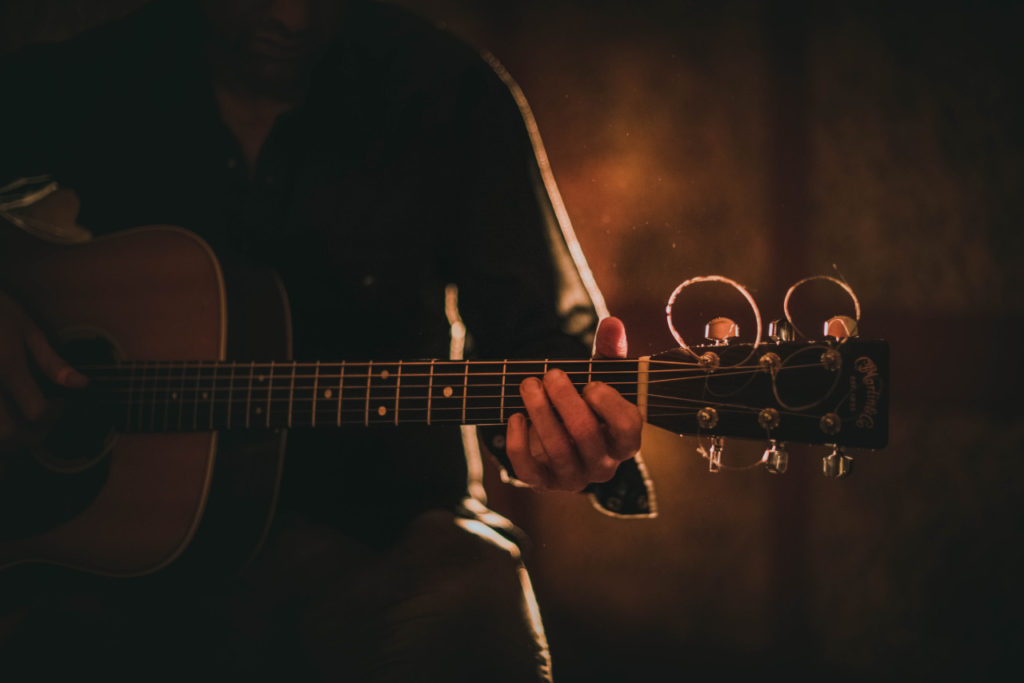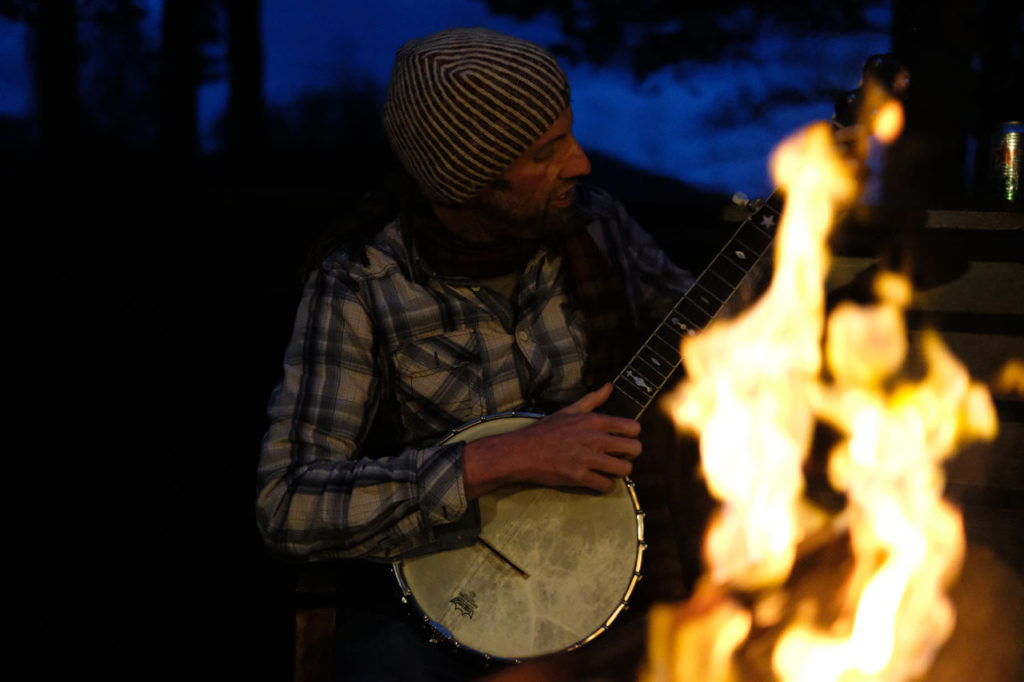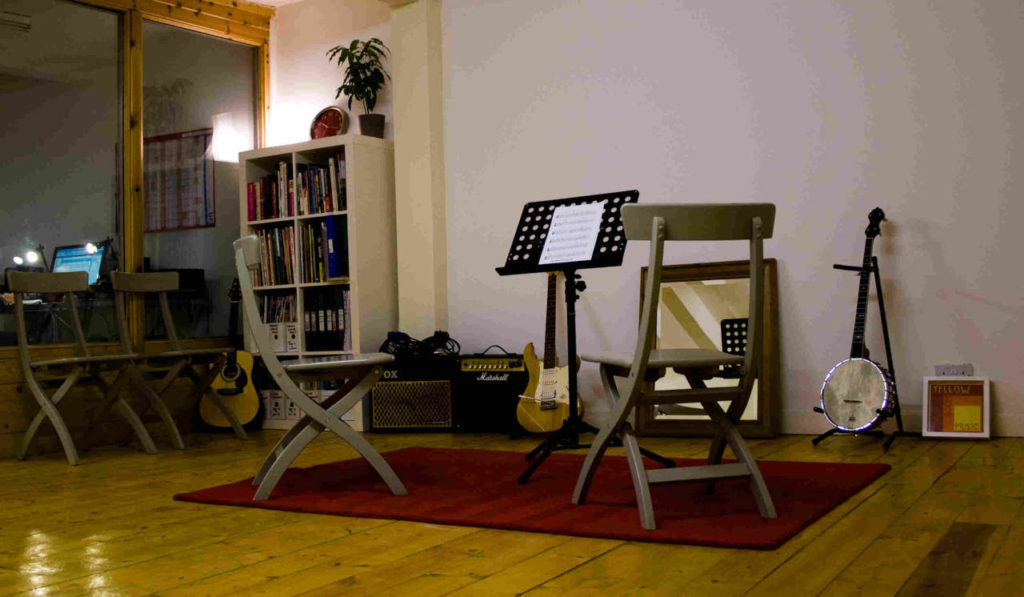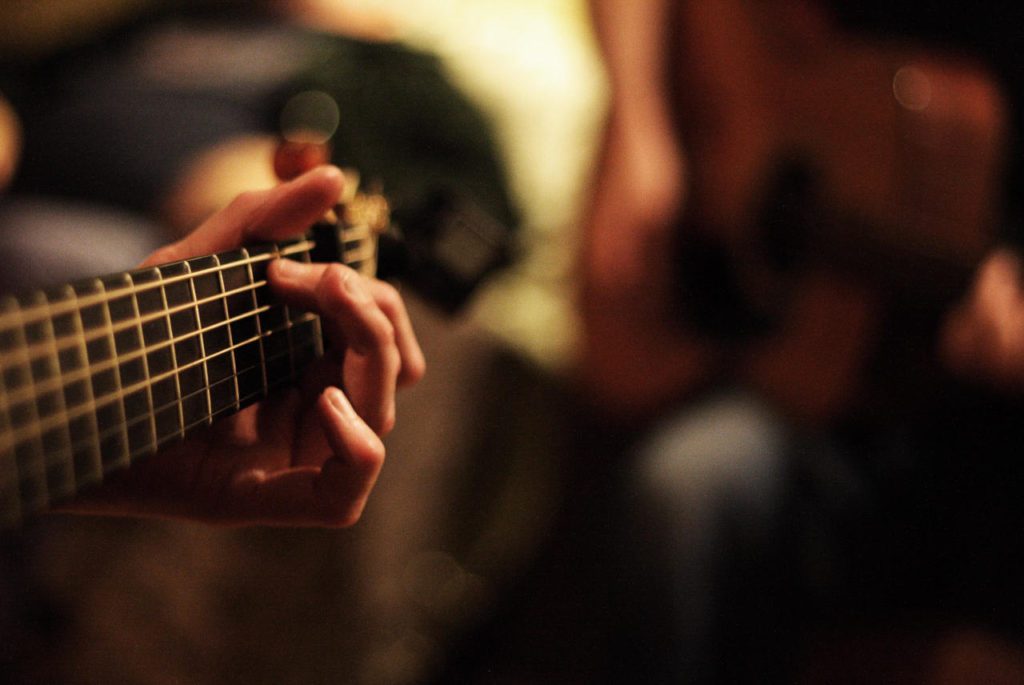Teaching Philosophy
teaching philosophy
Playing music is one of the most fulfilling and ultimately rewarding things to do, whether socially with other people or just playing for your own pleasure. Even people who claim to be unaffected by music will have sung along with others in one context or another.
Its not a coincidence that so many people across the world have learned to play the guitar due in one part to the nature of the guitar itself – they are portable and relatively inexpensive, but also to its verstility as an instrument – a singaround at a party, the solo during “Hotel California”, Robert Johnson playing the blues at the crossroads, John Williams playing “Cavatina” (the theme from the film The Deerhunter), to whatever music makes the soundtracks to your days.


Starting an instrument for the first time can seem quite daunting, but its a suprisingly short learning curve from starting to play the guitar by learning your first chords, to playing your first songs (and most songs can be played very effectively with only 3 chords) to picking out more complex melodies. When I was learning to play, I also found that the pleasure I got from listening to music was greatly increased by my new found musical knowledge, a pleasant side effect, shared by many people i have spoken to since, and one that has only increased over time.
So, if you want to learn to play the guitar, there are two main ways of learning:
1. The self taught (or informal lessons) route,
2. The lessons route
In my experience, these should definately not be thought of as mutually exclusive, but instead co-exist together in different amounts depending on a few factors:
The Style of Music
Its not a secret that some styles of music are more associated with formal training than others, with the obvious examples being classical music, and to a slightly lesser degree, jazz. Both of these genres, broadly speaking, demand a very high level of expertise, and i’m sure you’ll agree that the idea of a classical concert guitarist that has had no training is an unlikely one. What is not unlikely, however, is a guitarist, through a mixture of guitar lessons (as opposed to classical training), learning from other sources (internet, other musicians), and a good bit of practise attains such a high level of techinical expertise and musicianship that they can play classical music on the guitar (and usually anything else they want, too).
There is formal training, and in a lot of cases formal qualifications, available in most styles of music these days, but i just picked classical music out as i think its the style most associated with formal training on any instrument.


A kind of Mentality
I’ve noticed that some musicians when asked if theyve had lessons, take a lot of pride in saying that they’re entirely self taught, and some people genuinely may be, but i think for the most part, people learn through a number of sources similar to above. There are a lot of resources available through the internet, that offer the tablature (sheet music written for the guitar) for most pieces (although not all by a long way) that you can think of, and video lessons showing how to put your right hand with your left.
So with this wealth of resources, why take guitar lessons? The most simple answer to this is that with a good teacher, lessons will decrease the amount of time it takes you to progress….lessons can remove months of frustration, demonstrating fundementals to a guitar newbie or a specific technique to a player at any stage.
I think the main thing about learning music is that it is not a linear process in that you can’t start at the begininng, learn everything in order, and arrive at an end point. There is, of course, a starting point which is usually some chords or a melody, but after that it is often easier and more satisfying to learn from a number of angles simultaneously. For instance, this could be using the chords to the introduction to Stairway to Heaven, to get familiar with the scale for the solo and an introduction to fingerstyle guitar playing. Not all at the same time of course, but using each one to understand how it all fits together.
Most people have a goal in mind when they start playing, which may be to learn a specific song, get good at a technique, or start writing their own songs. Lessons are structured to achieve these goals, while also developing a wider guitar technique, so learning one musical phrase or solo will clear the way to playing others with little extra work.
